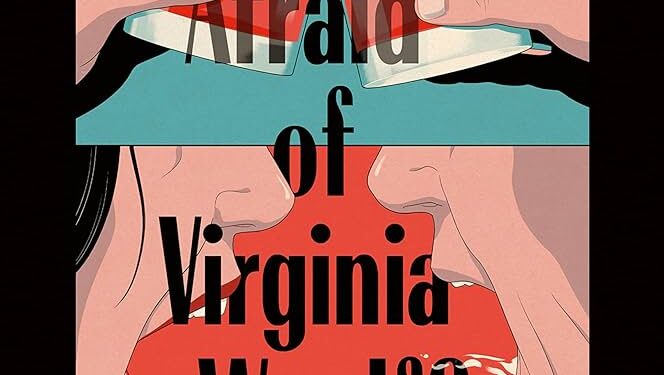Theatrical Absurdity: A Brief Insight
Absurdist drama, pioneered by Samuel Beckett and Eugene Ionesco, seeks to portray the senselessness of the human experience. Emerging as a response to post-World War II chaos and disillusionment, this genre mirrors the existential anxieties permeating society. Absurdist plays typically feature illogical narratives, fragmented dialogue, and characters ensnared in a purposeless world.How is Who’s Afraid of Virginia Woolf an absurd drama
Existential Themes in Who’s Afraid of Virginia Woolf
Language as Absurdity
In Who’s Afraid of Virginia Woolf?, language, a vital tool in theatrical communication, assumes an absurd quality. Characters engage in relentless verbal sparring, transforming language into a weapon for asserting dominance and control rather than a medium for genuine communication. The dialogue, at times, descends into nonsensical and disjointed exchanges, reflecting the breakdown of coherent communication.
The absurdity of language is particularly conspicuous in Martha’s monologues, where her words vacillate between truth and fiction. This linguistic ambiguity blurs the line between reality and illusion, contributing significantly to the overall sense of absurdity in the play. The characters’ manipulation of language underscores the Absurdist belief in its inadequacy to convey the complexities of human experience.














